The music of Western Asia and North Africa spans across a vast region, from Egypt to Iran, and its influences can be felt even further afield. Middle Eastern musicinfluenced (and has been influenced by) the music of Greece and India, as well as Central Asia, Spain, Southern Italy, the Caucasus and the Balkans, as in Byzantine music and Chalga. The various nations of the region include the Arabic-speaking countries of the Middle East and North Africa, the Iraqi traditions of Mesopotamia, Iranian traditions of Persia, the varied traditions of Cypriot music, the music of Turkey, traditional Assyrian music, various Jewish traditions, Kurdish music, Berbers of North Africa, and Coptic Christians in Egypt all maintain their own traditions.
Throughout the region, religion has been a common factor in uniting peoples of different languages, cultures and nations. The predominance of Islam allowed a great deal of Arabic and Byzantine influence to spread through the region rapidly from the 7th century onward. The Arabic scale is strongly melodic, based around various maqamat(sing. maqam) or modes (also known as makam in Turkish music). Arabs translated and developed Greek texts and works of music and mastered the musical theory of the music of ancient Greece (i.e. Systema ametabolon, enharmonium, chromatikon, diatonon).[1] This is similar to the dastgah of Persian music. While this originates with classical music, the modal system has filtered down into folk, liturgical and even popular music, with influence from the West. Unlike much western music, Arabic music includes quarter tones halfway between notes, often through the use of stringed instruments (like the oud) or the human voice. Further distinguishing characteristics of Middle Eastern and North African music include very complex rhythmic structures, generally tense vocal tone, and a homophonic texture.


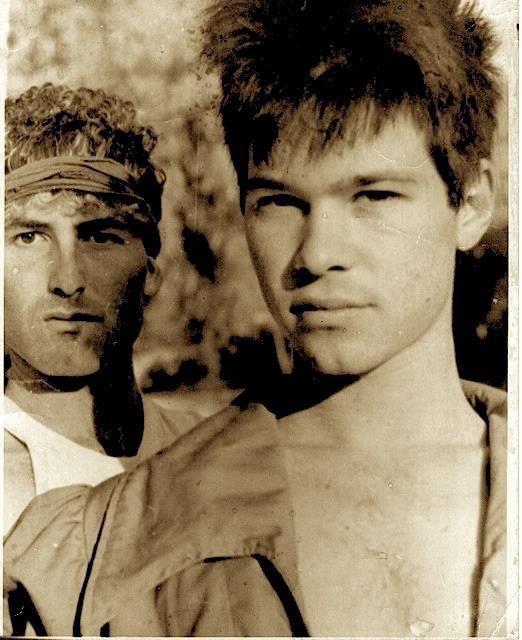
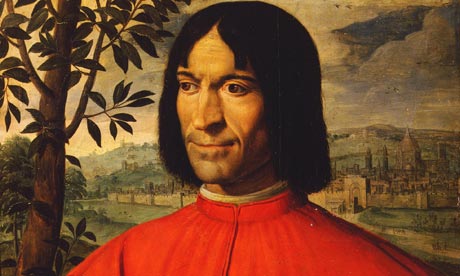


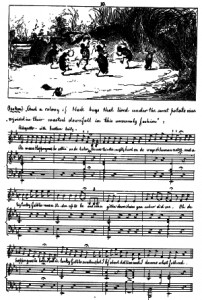
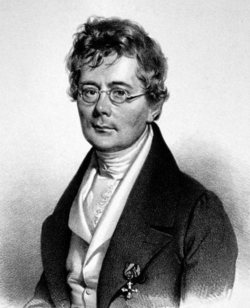
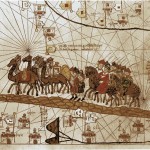


 Hi Thomas Schoenberger here. As confirmed again last month, it seems there may be a role for music in managing pain depending on the individual’s response to music. I’m looking forward to researching this area a bit more.
Hi Thomas Schoenberger here. As confirmed again last month, it seems there may be a role for music in managing pain depending on the individual’s response to music. I’m looking forward to researching this area a bit more.